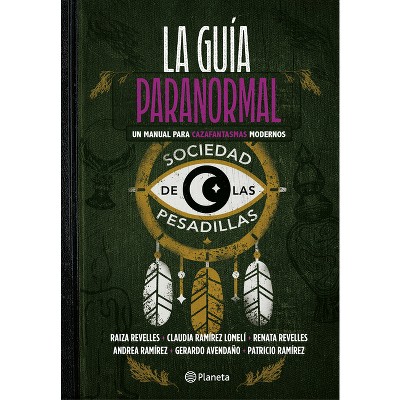Cartas Para Un Ciego Que Creía Ver: Escritura Para Sanar / Letters to a Blind Man Who Thought He Could See - by Santiago Molano (Paperback)

About this item
Highlights
- Haz a un lado al personaje y descubre tu verdadero yo.
- Author(s): Santiago Molano
- 256 Pages
- Self Improvement, Self
Description
Book Synopsis
Haz a un lado al personaje y descubre tu verdadero yo.
Soñamos con cambiar el mundo y creemos que todo lo malo viene del exterior, sin entender que es dentro de nosotros que debe iniciar cualquier transformación.
Este libro busca ayudarnos a cambiar la narrativa de víctima para asumir la responsabilidad sobre las decisiones que hemos tomado y que han definido nuestra vida. Es un llamado a observarnos en el espejo, con objetividad, pues solo así podremos hacernos cargo de nosotros mismos.
Santiago Molano es un convencido de que en la propia historia se encuentra la clave para despertar. Por eso, a través de cartas dirigidas a su Querido Santiago, busca hacer un ejercicio de autoconocimiento en el que nos invita a reflexionar para entender quién es ese al que llamamos "yo" y qué lo mueve a reaccionar como lo hace.
"Mis críticas son para mí, entonces, ¿para qué las comparto? Porque tal vez existe alguien, que, como yo, ha sufrido el peso de su propia ignorancia, y quisiera que ese alguien sepa que no está solo".
ENGLISH DESCRIPTION
Set the character aside and discover your true self.
We dream of changing the world and believe that all evil comes from the outside, without realizing that any transformation must begin within us.
This book aims to help us shift from a victim narrative to taking responsibility for the decisions we've made that have shaped our lives. It's a call to look in the mirror with objectivity--only then can we truly take charge of ourselves.
Santiago Molano firmly believes that the key to awakening lies in our own story. That's why, through letters addressed to his Dear Santiago, he engages in a self-reflective exercise that invites us to explore who we call "I" and what drives our reactions.
"My criticisms are for me, so why do I share them? Because maybe there's someone out there who, like me, has suffered under the weight of their own ignorance--and I want that person to know they're not alone."
Shipping details
Return details
Trending Non-Fiction











